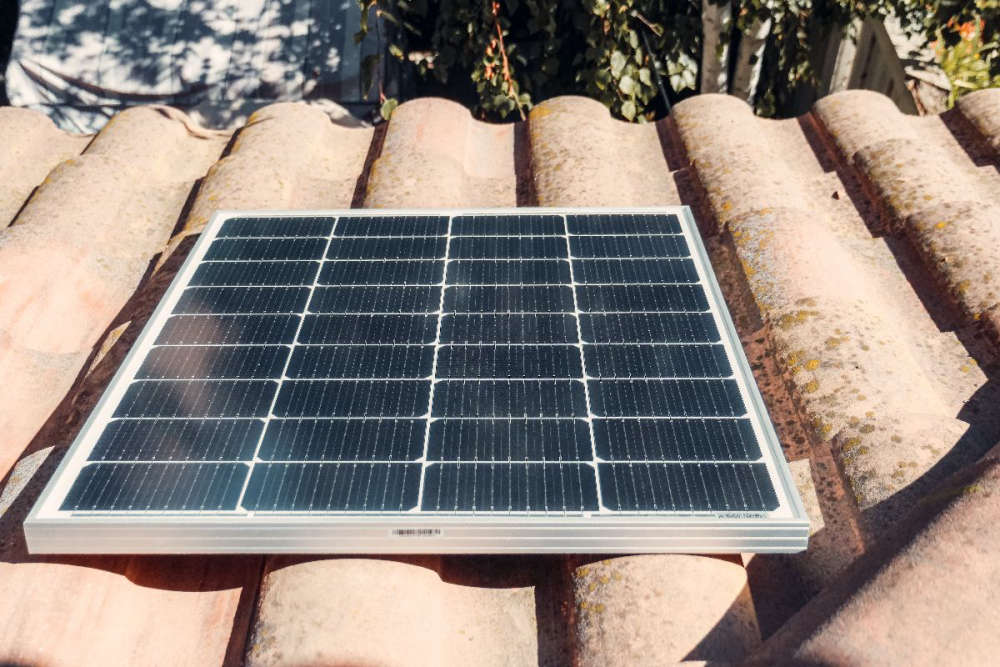
The Micro-generation Support Scheme will come on stream next year.
The government has today approved a new scheme that will allow homes, farms and businesses to sell electricity to the national grid.
It aims to provide supports to develop renewable energy for self-consumption.
The Micro-generation Support Scheme will come on stream next year.
Minister of State and Green Party senator, Offaly's Pippa Hackett says it's about increasing the use of renewable energy:
Key features of the MSS framework:
Target:
The Micro-generation Support Scheme (MSS) is targeting support for 380MW of installed micro-generation capacity, to contribute to the target of up to 2.5GW of solar renewables under the Climate Action Plan. Depending on panel size, that equates to over 1 million solar panels, on approximately 70,000 buildings.
Domestic applicants:
Home-owners will be eligible to receive a Clean Export Guarantee (CEG) tariff, for any exported electricity, at a competitive market rate from their electricity supplier.
Home-owners will continue to be able to apply to the Sustainable Energy Authority of Ireland (SEAI) for a grant towards the cost of installing equipment. In 2022, the grants will be at the same level per kW as the current SEAI solar PV grant scheme (maximum €2,400).
Non-domestic applicants:
Non-domestic applicants will also be eligible to receive the Clean Export Guarantee (CEG) tariff, for any exported electricity, at a competitive market rate from their electricity supplier.
Projects between 6kW and 50kW will receive a Clean Export Premium (CEP) tariff per kWh exported, for a period of 15 years, from their electricity supplier. The Clean Export Premium (CEP) will be €0.135/kWh in 2022, which is higher than the current average wholesale electricity price. Any difference between the CEP tariff and wholesale electricity prices will be supported by the Public Service Obligation (PSO) levy. Exported volumes of electricity eligible for the Clean Export Premium (CEP) tariff will be capped at 80% of generation capacity – to incentivise self-consumption.
It is expected that the Clean Export Premium (CEP) will commence in the third quarter of 2022, when a payment mechanism will be determined by the Commission for Regulation of Utilities (CRU).
Businesses, farms, community buildings such as schools, sports clubs, etc, generating up to 5.9kW will be eligible for a Sustainable Energy Authority of Ireland (SEAI) grant at the same levels as domestic customers. This specific grant will be available later in 2022.
Community Participation:
Community enterprises including sports clubs and community halls will be eligible to participate, either as individual micro-generators or as community projects within the Micro-generation Support Scheme (MSS).
Scheme Review:
Supports under the Micro-generation Support Scheme (MSS) will gradually reduce over time from 2024, based on reaching specific deployment milestones. It is expected that supports for new installations will begin to be phased out from 2028.


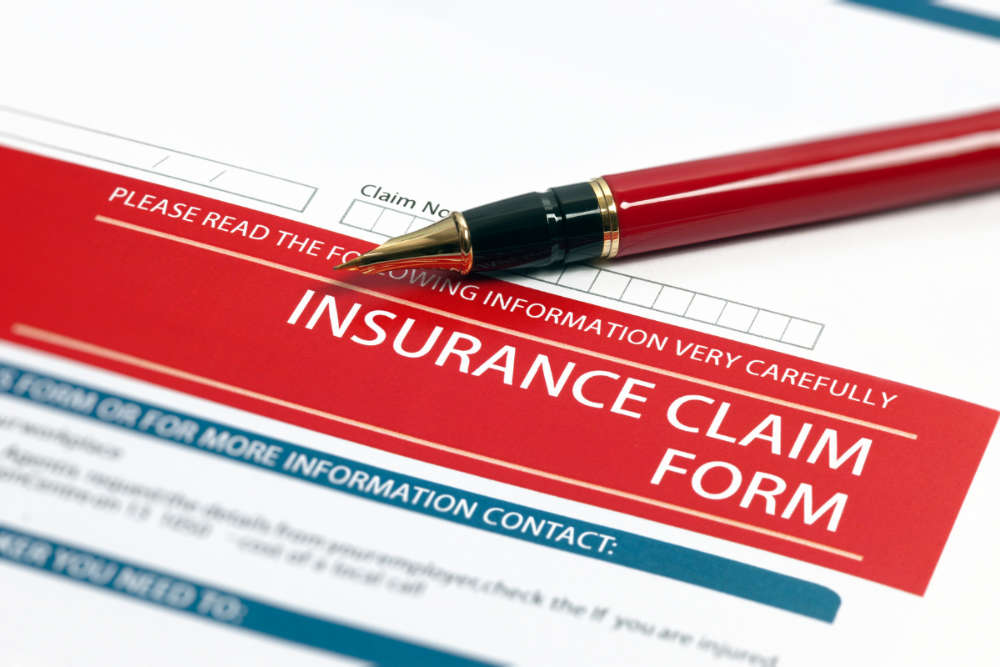 State Should Tighten Down On Exaggerated Affidavits Claims - Pat McDonagh
State Should Tighten Down On Exaggerated Affidavits Claims - Pat McDonagh
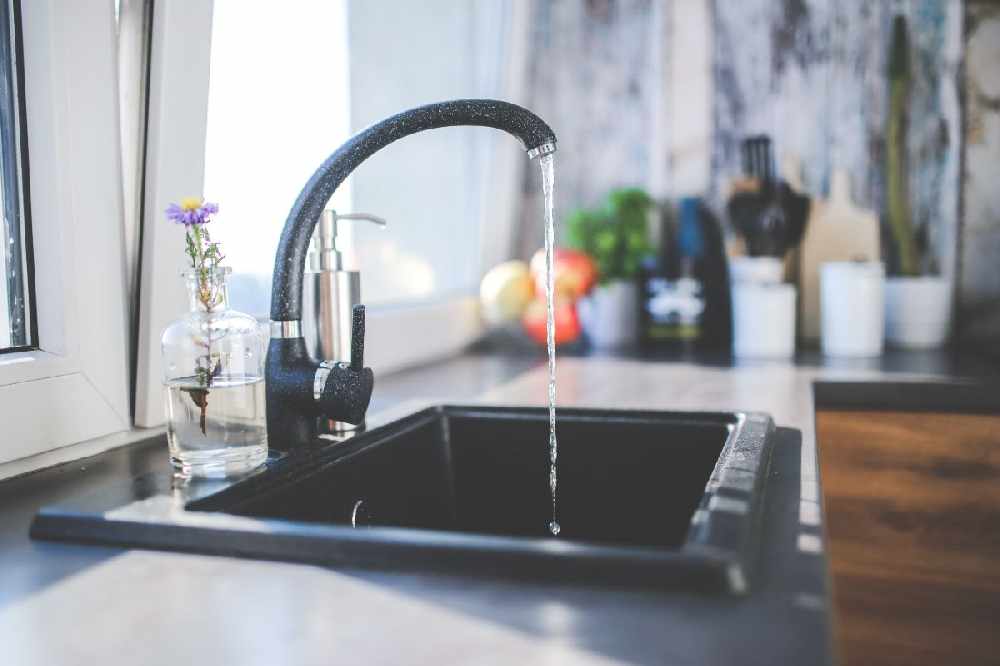 Water Use Restrictions Extended In Westmeath As Several Counties In Drought
Water Use Restrictions Extended In Westmeath As Several Counties In Drought
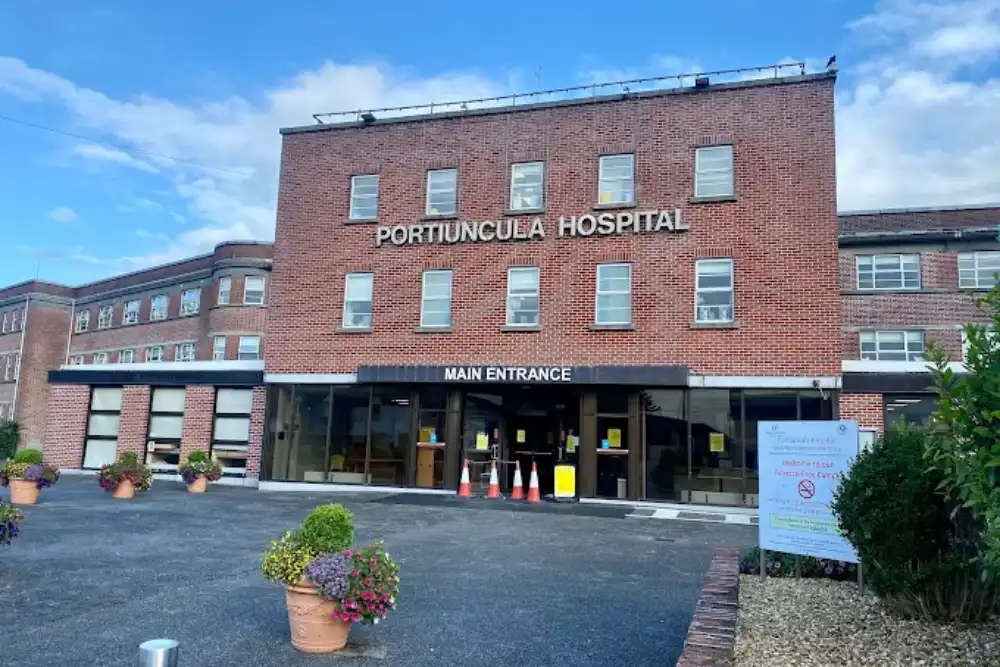 Midlands Hospital One Of Worst Preforming In Starting Cancer Treatment
Midlands Hospital One Of Worst Preforming In Starting Cancer Treatment
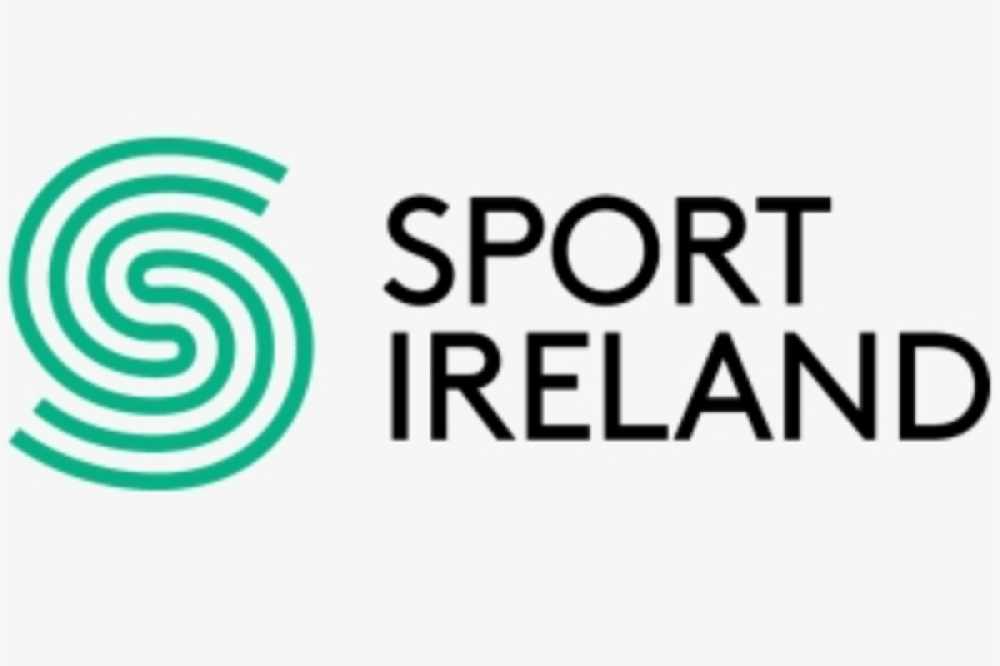 Offaly TD Calls For Funding Support For Alex Dunne
Offaly TD Calls For Funding Support For Alex Dunne
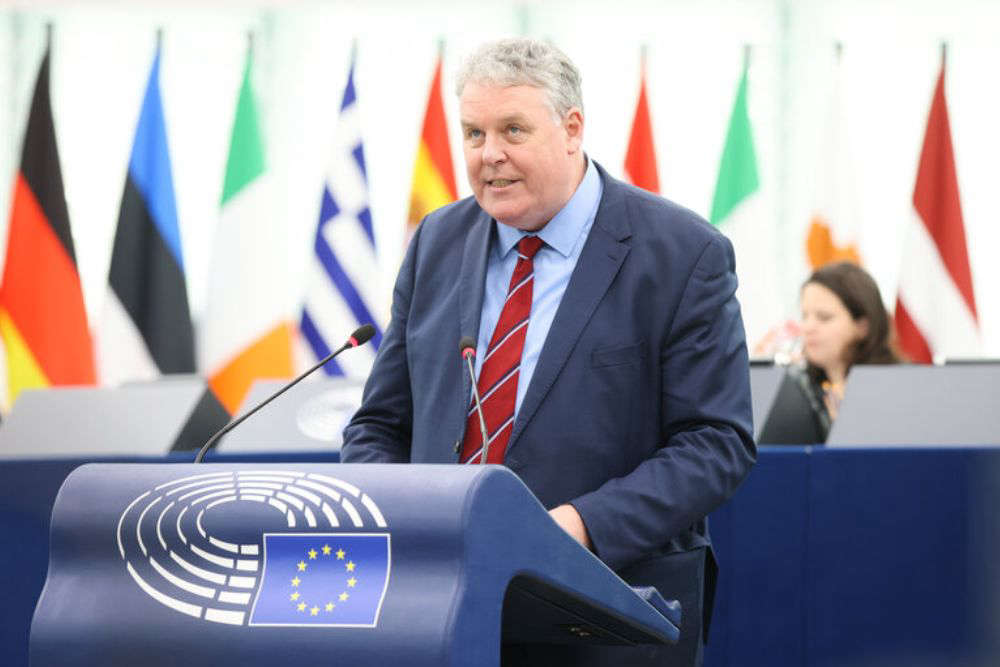 Midlands MEP Urges Clarity On Ireland's Nitrates Derogation
Midlands MEP Urges Clarity On Ireland's Nitrates Derogation
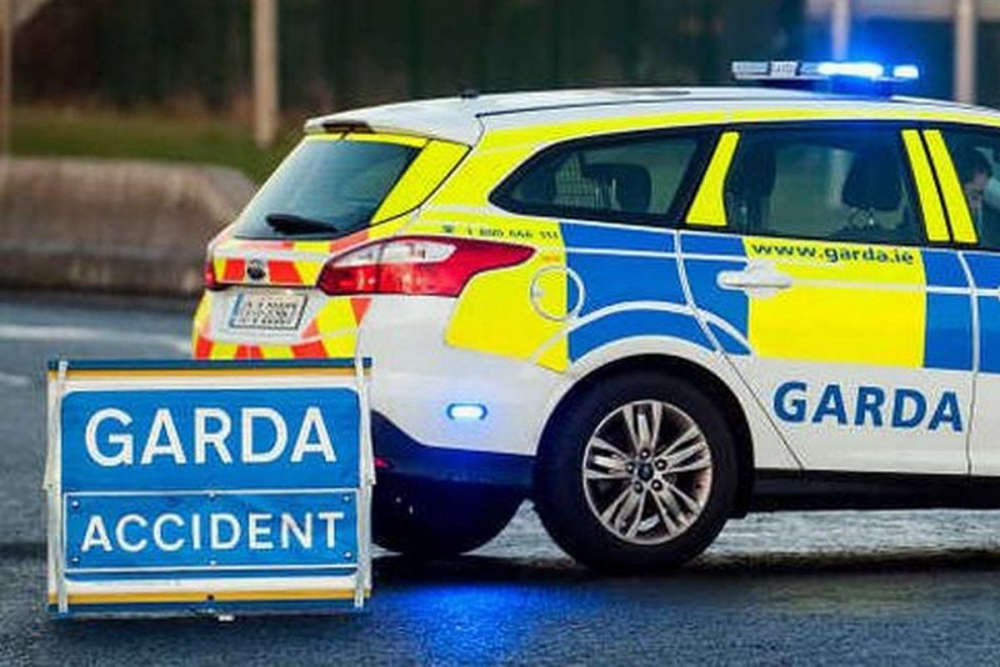 Gardaí Attend Scene Of Fatal Laois Crash
Gardaí Attend Scene Of Fatal Laois Crash
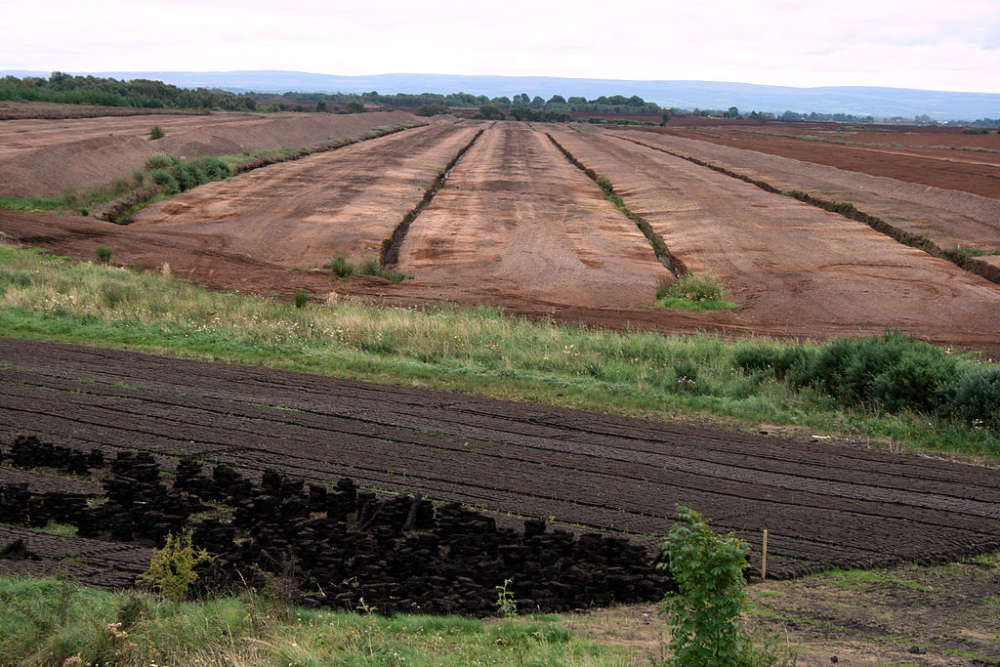 Midlands County Councils Issue Statements Over Illegal Peat Extraction Report
Midlands County Councils Issue Statements Over Illegal Peat Extraction Report
 Deadline To Enter Tullamore Show Is Tomorrow
Deadline To Enter Tullamore Show Is Tomorrow
 Woman Beaten With Golf Club By Westmeath Man In ‘Savage’ Attack
Woman Beaten With Golf Club By Westmeath Man In ‘Savage’ Attack
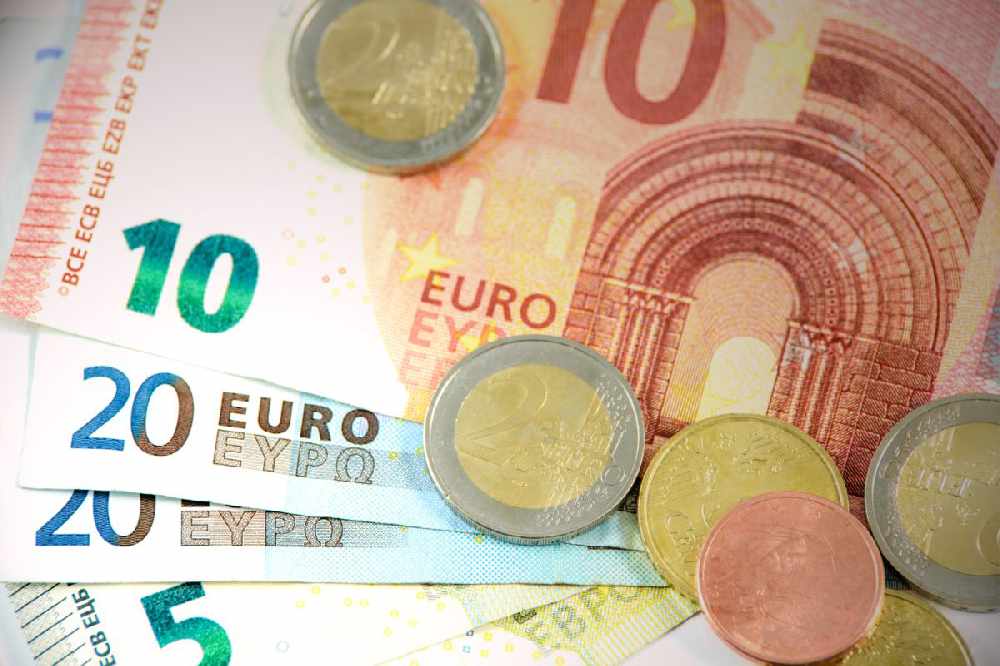 Career Breaks Put Pensions At Risk - CEO FRS Network Group
Career Breaks Put Pensions At Risk - CEO FRS Network Group
 Westmeath Creamery To Feature On International Supermarket Shelves
Westmeath Creamery To Feature On International Supermarket Shelves
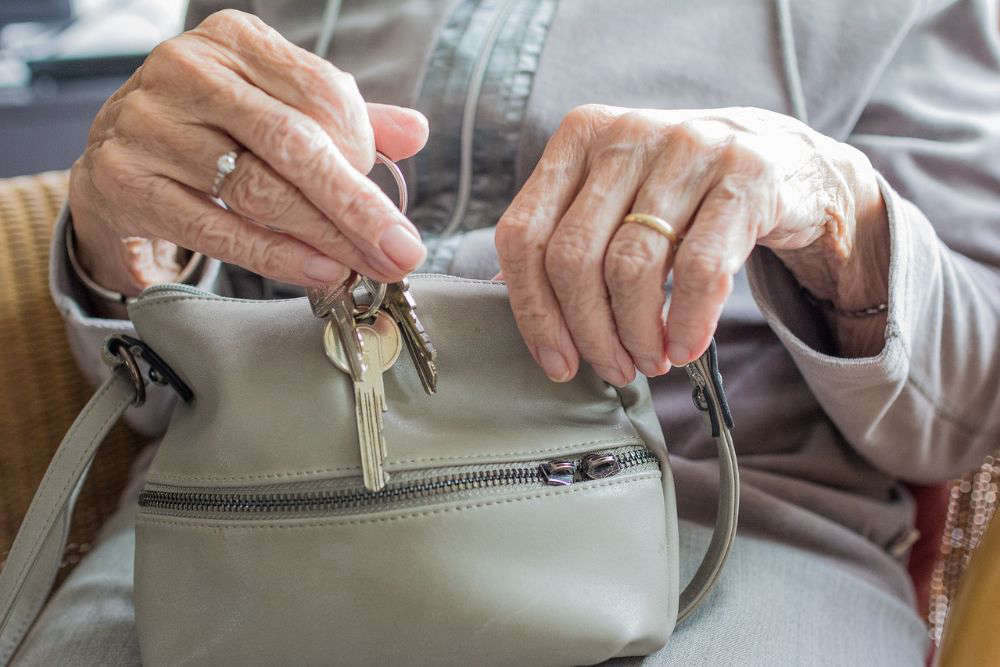 Auto-Enrolment Pension Scheme 'Too Difficult' To Opt Out Of - Offaly Financial Advisor
Auto-Enrolment Pension Scheme 'Too Difficult' To Opt Out Of - Offaly Financial Advisor
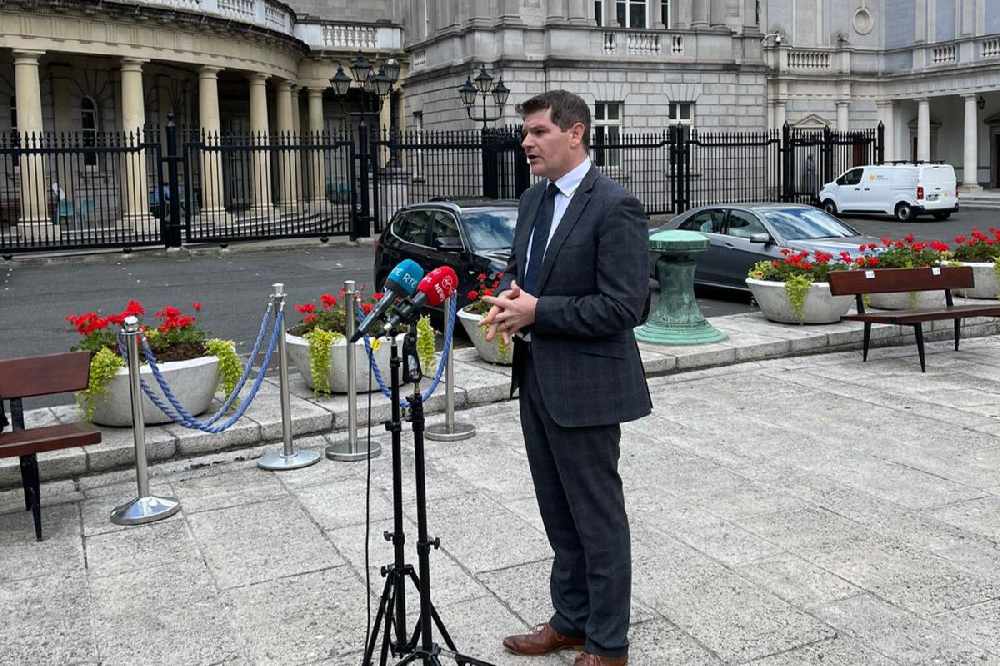 Enterprise Minister Encourages Irish Businesses To ‘Invest Carefully’
Enterprise Minister Encourages Irish Businesses To ‘Invest Carefully’
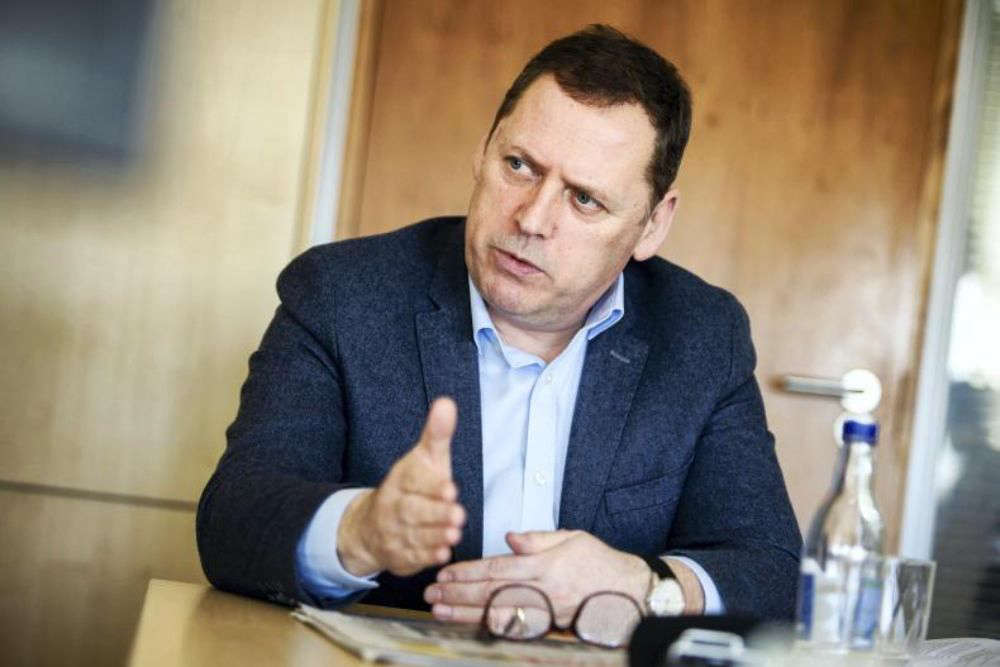 Midlands MEP Sends 'Strong Signal' To EU Commission Ahead Of CAP Vote
Midlands MEP Sends 'Strong Signal' To EU Commission Ahead Of CAP Vote
 Offaly Mum Campaigns For Change To Sexual Abuse Trial Process
Offaly Mum Campaigns For Change To Sexual Abuse Trial Process
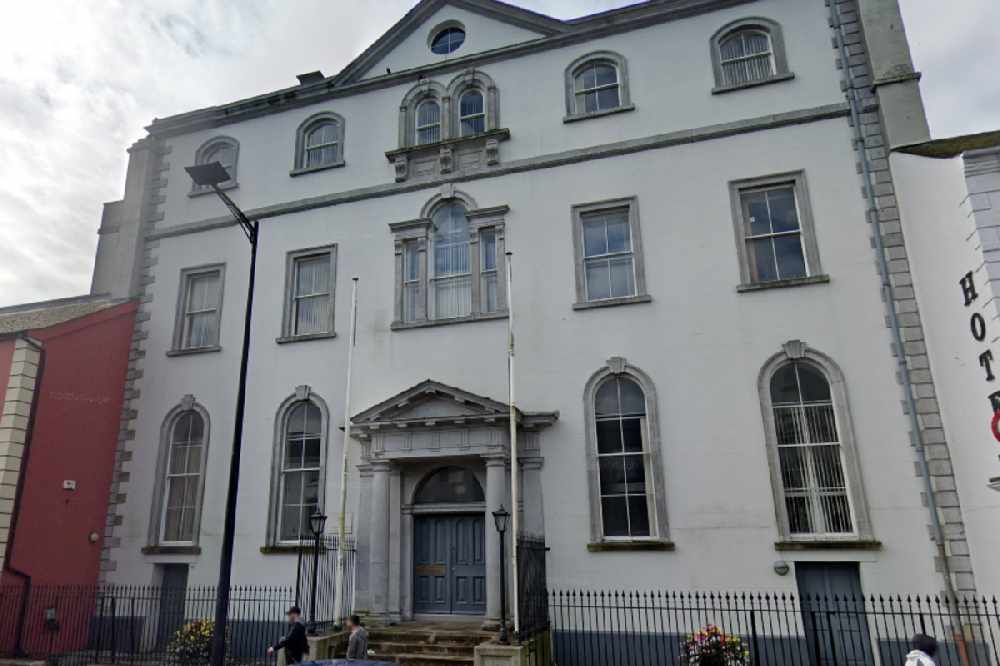 Westmeath Doctor Among Midlands Trio Up For Theft And Money Laundering
Westmeath Doctor Among Midlands Trio Up For Theft And Money Laundering
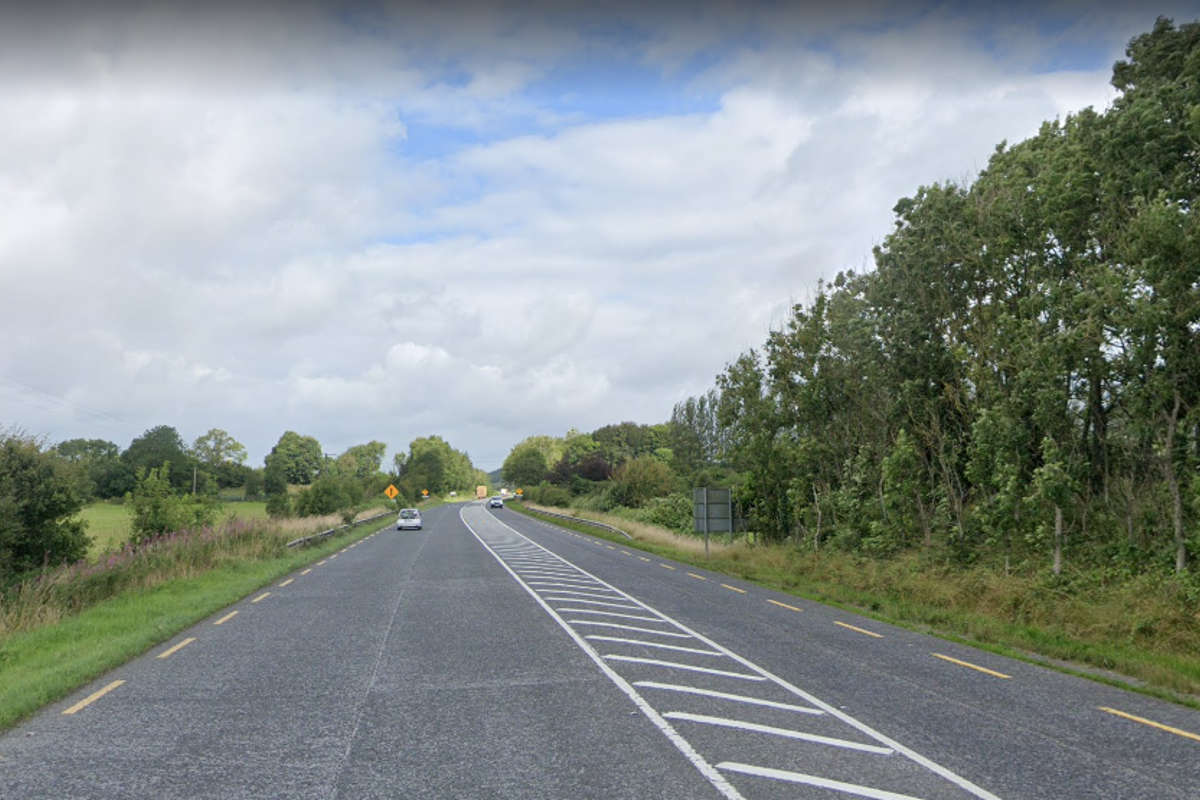 Westmeath Public Consultation Open On Road Development Scheme
Westmeath Public Consultation Open On Road Development Scheme
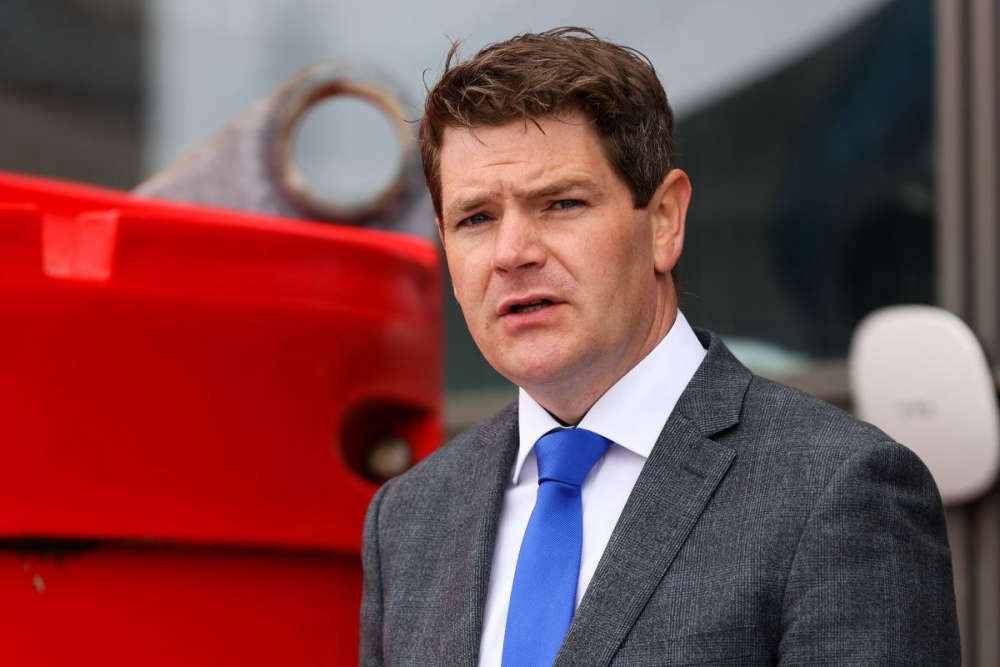 Enterprise Minister Defends Plans To Increase Personal Injury Awards
Enterprise Minister Defends Plans To Increase Personal Injury Awards
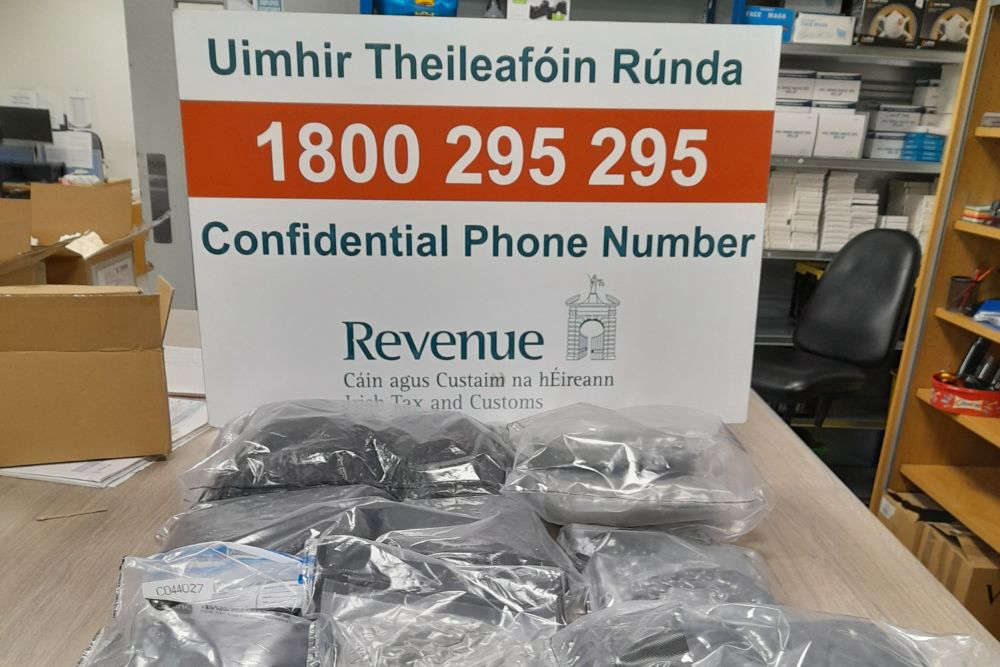 Revenue Seize Over €300k Of Contraband
Revenue Seize Over €300k Of Contraband
 Tickets For US President Gig Will Be Snapped Up - Barack Obama's Midlands Cousin
Tickets For US President Gig Will Be Snapped Up - Barack Obama's Midlands Cousin